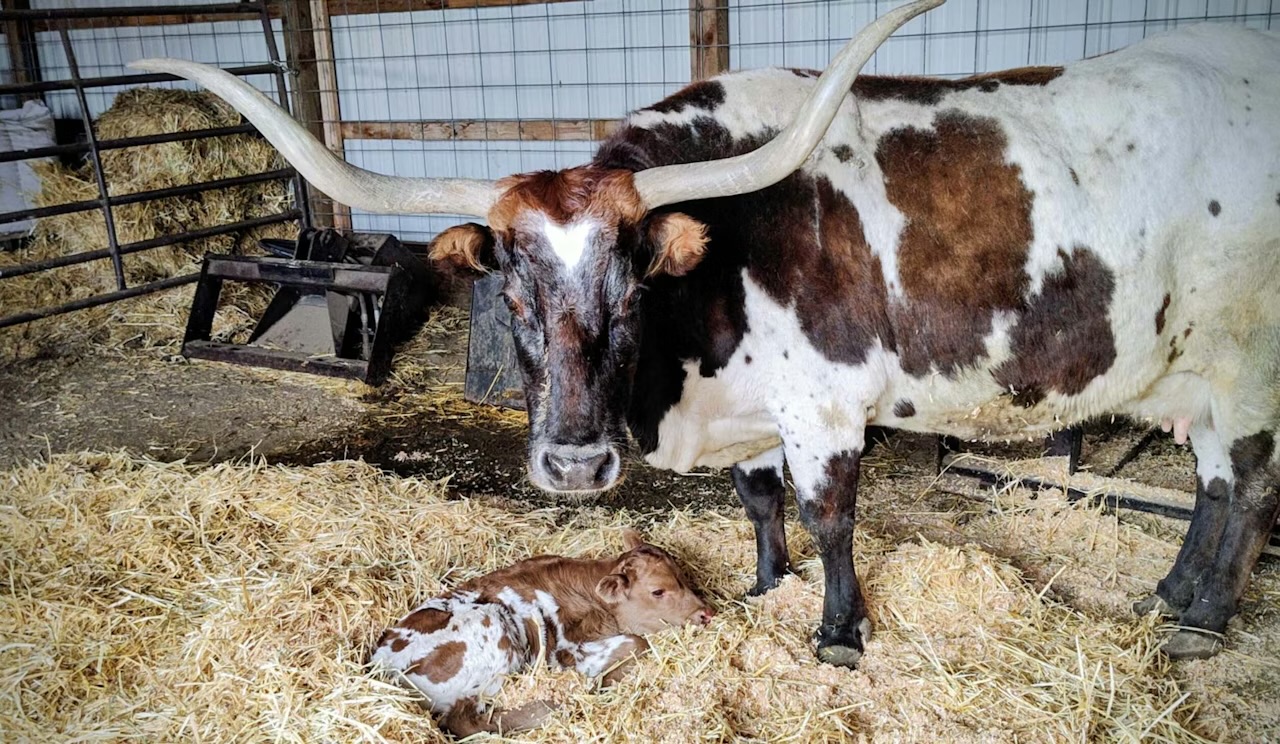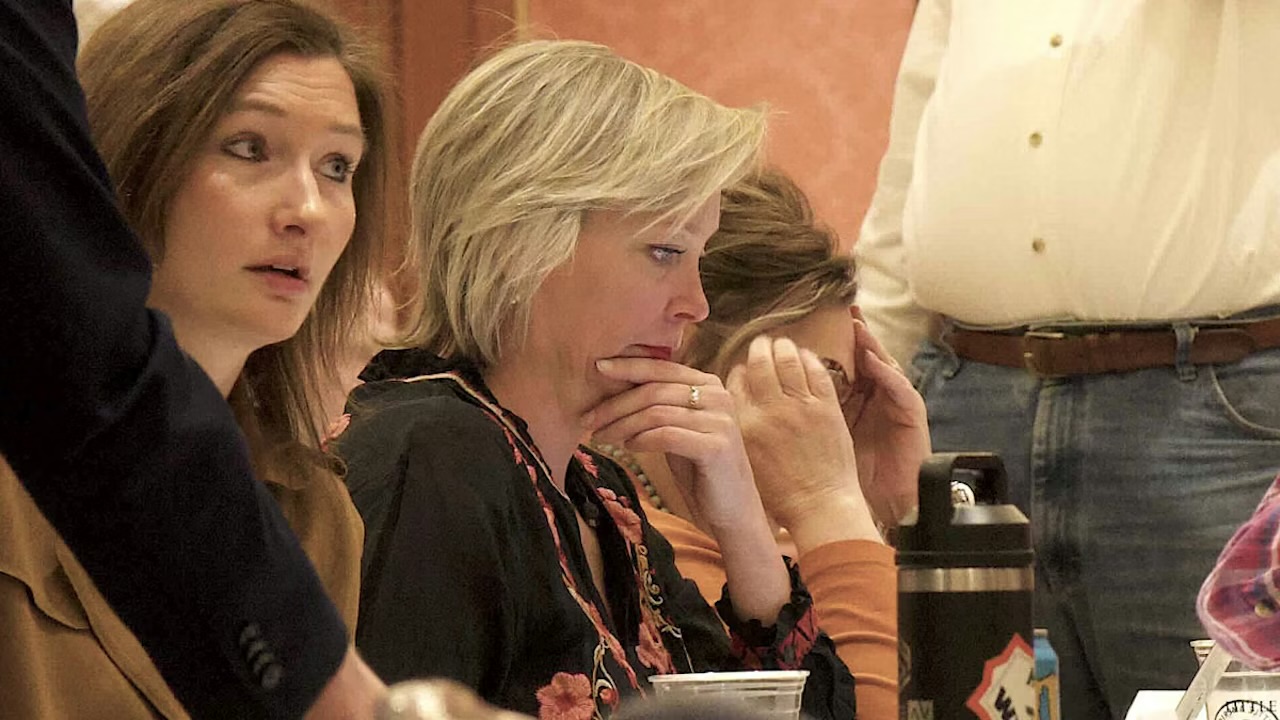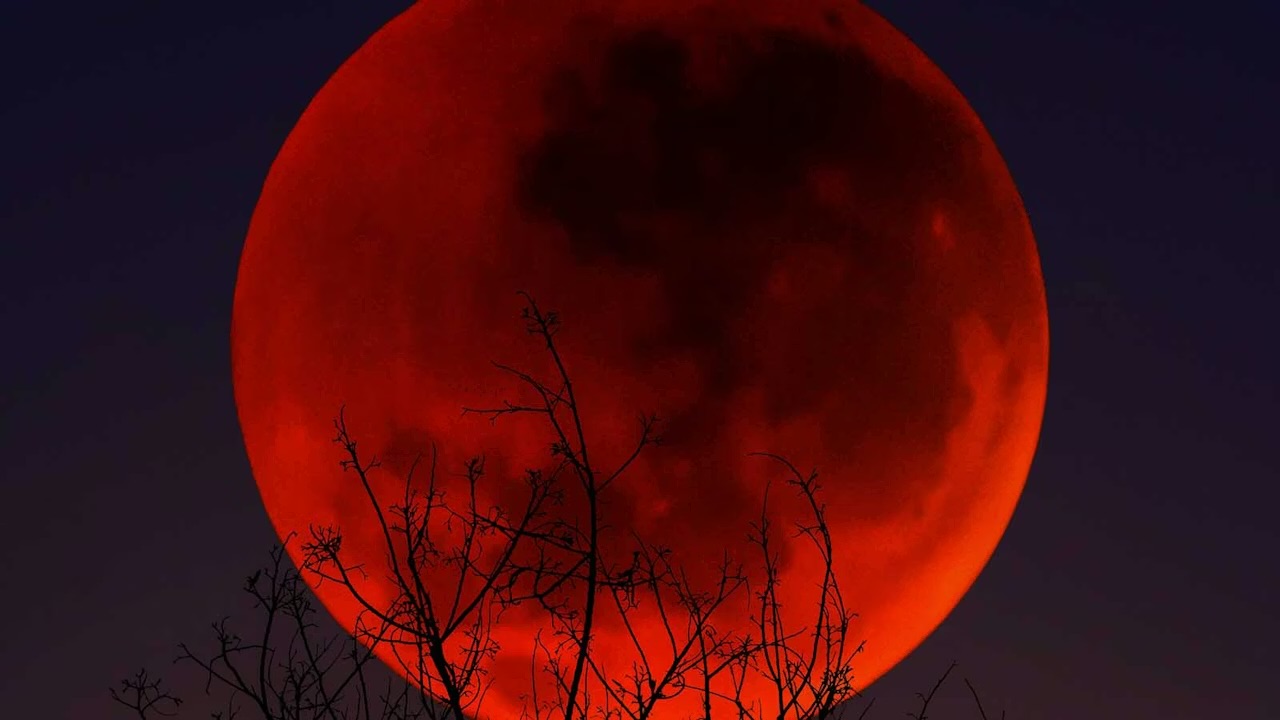ANALYSIS: Cracks in the Union. Why Moldova’s Future Is Handcuffed to Ukraine.

Next week in Strasbourg, Moldova will be front and center at the European Parliament’s first fall plenary. There’ll be a debate, a resolution reaffirming support for accession, and a headline speech by President Maia Sandu — the choreography of solidarity is flawless. The politics behind it are not.
For all the warm words, Moldova’s EU path is stuck in the same cul-de-sac as Ukraine’s, and Brussels is pretending that’s strategy rather than stasis. The core problem isn’t Chişinău’s homework (or Kyiv’s); it’s a fractured EU unable to move beyond unanimity in enlargement decisions — a design flaw turned veto weapon. Hungary is wielding it, and the rest of Europe is building press conferences around the impasse.
Kyiv and Chişinău applied together in 2022. Since then, the EU has treated them as a package — politically neat, symbolically powerful, and procedurally disastrous the moment one member state (read: Budapest) decides to freeze the entire file. “Decoupling” — letting Moldova advance even if Hungary blocks Ukraine — is gaining traction in private, but member states still resist it in public for fear it “abandons” Ukraine and fractures the message of unity. Result: nobody moves.
Denmark, chairing the Council, says it will apply “maximum pressure” on Hungary to unlock Ukraine’s talks; in practice, that’s a slogan without leverage. Unanimity remains unanimity, and Budapest’s domestic politics travel well in EU rulebooks. Meanwhile, Moldova is the collateral — a candidate that has met the technical bar to open the Fundamentals cluster but is stuck in the waiting room because the door is chained from another capital.
Moldova votes on September 28. The EU sees forward motion on enlargement as a security guarantee — a signal to voters and to Moscow — but can’t even agree to open the next negotiation chapter. Instead, Chişinău is being asked to keep the “coupling” faith.
Europe knows what’s at stake: Moldova is a refugee buffer, a border-security hinge with Romania, and a litmus test for whether EU guarantees mean anything below the press-release altitude. That’s why top EU leaders have been flying to Chişinău and staging set-pieces of support. It’s the right optics; it’s not a substitute for decisions.
The European Parliament will pass a resolution reaffirming Moldova’s accession track and urging more money and political cover. It matters — resolutions shape budgets, missions, and narratives. But Parliament does not open clusters; governments do, and Council unanimity is the choke point. Without a fix to decision-making (treaty change or at least using qualified-majority workarounds where possible), enlargement remains a promise that collapses on contact with one naysayer.
Public opinion is hardly the obstacle leaders claim. Recent Eurobarometer snapshots show pluralities backing enlargement and even higher support for a stronger EU role on security — exactly the rationale invoked to keep Moldova and Ukraine “coupled.” The paradox: the politics used to justify coupling are the same politics preventing action.
If Moldova loses altitude in September, Brussels will blame Russian disinformation. But Chişinău’s biggest vulnerability is European indecision. When the EU ties two candidacies together and then invites a veto to decide both, it’s not strategy — it’s self-harm.
The Parliament can put Moldova at the top of the agenda and Maia Sandu can rally the plenary. Unless the Council finds a way around unanimity politics — or is willing to decouple and defend it — the message to candidates and adversaries is the same: Europe talks enlargement; Europe can’t deliver it. That’s the fracture. And it’s visible from Chişinău to Kyiv — and in every capital testing how serious the European Union really is.









The latest news in your social feeds
Subscribe to our social media platforms to stay tuned